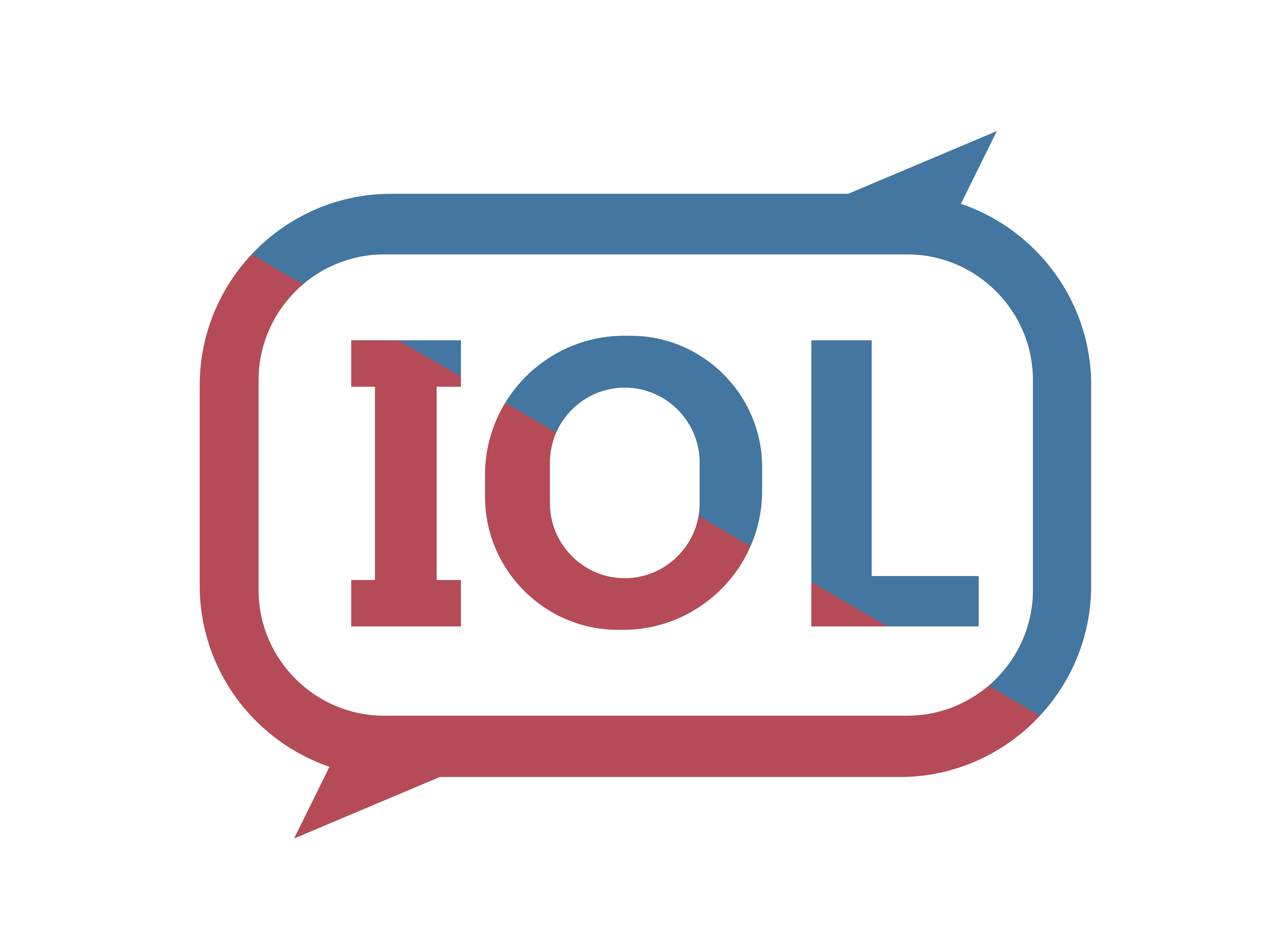History
The first linguistic olympiad for secondary school students was organised in 1965 in Moscow on the initiative of Alfred Zhurinsky (1938-1991), eventually a prominent philologist but then only a fifth-year student of linguistics, and under the guidance of the mathematician Vladimir Uspensky. The Olympiad, farsightedly called Traditional since its very beginning, was regularly held at the Moscow State University from 1965 until 1982. In 1988 the Olympiad was resumed at the Moscow State Institute for History and Archives (now the Russian State University for the Humanities), and since 1989 it has been organised jointly by the two institutions. Since 1996 a mirror of Moscow’s Traditional Olympiad in Linguistics has been held in Russia’s northern capital by St Petersburg State University.
Linguistic contests have also been held regularly in Bulgaria since 1982, being organised by the Union of Bulgarian Mathematicians and the Ministry of Education. In more recent years analogous events were launched in Oregon (US) and the Netherlands. At the same time teams of award-holders of the Moscow Olympiad in Linguistics competed successfully in Bulgaria and vice versa, which demonstrated the potential for international co-operation in this field. Thus was born the idea of the IOL.
The following table presents a summary of the participation in the first twenty-two instalments of the IOL (2003-2025):
| Year | Host city | Countries | Teams | Participants |
|---|---|---|---|---|
| 2003 |  Borovets, Bulgaria Borovets, Bulgaria |
6 | 9 | 33 |
| 2004 |  Moscow, Russia Moscow, Russia |
7 | 12 | 45 |
| 2005 |  Leiden, Netherlands Leiden, Netherlands |
9 | 13 | 50 |
| 2006 |  Tartu, Estonia Tartu, Estonia |
9 | 13 | 51 |
| 2007 |  St. Petersburg, Russia St. Petersburg, Russia |
9 | 15 | 61 |
| 2008 |  Slanchev Bryag, Bulgaria Slanchev Bryag, Bulgaria |
11 | 16 | 67 |
| 2009 |  Wrocław, Poland Wrocław, Poland |
17 | 23 | 86 |
| 2010 |  Stockholm, Sweden Stockholm, Sweden |
18 | 26 | 99 |
| 2011 |  Pittsburgh, United States of America Pittsburgh, United States of America |
19 | 27 | 102 |
| 2012 |  Ljubljana, Slovenia Ljubljana, Slovenia |
26 | 34 | 131 |
| 2013 |  Manchester, United Kingdom Manchester, United Kingdom |
26 | 35 | 138 |
| 2014 |  Beijing, China Beijing, China |
28 | 39 | 152 |
| 2015 |  Blagoevgrad, Bulgaria Blagoevgrad, Bulgaria |
29 | 43 | 166 |
| 2016 |  Mysore, India Mysore, India |
30 | 43 | 167 |
| 2017 |  Dublin, Ireland Dublin, Ireland |
28 | 43 | 172 |
| 2018 |  Prague, Czechia Prague, Czechia |
30 | 49 | 192 |
| 2019 |  Yongin, Republic of Korea Yongin, Republic of Korea |
36 | 53 | 209 |
| 2021 |  Ventspils, Latvia Ventspils, Latvia |
34 | 54 | 216 |
| 2022 |  Castletown, Isle of Man Castletown, Isle of Man |
37 | 50 | 184 |
| 2023 |  Bansko, Bulgaria Bansko, Bulgaria |
38 | 52 | 205 |
| 2024 |  Brasília, Brazil Brasília, Brazil |
38 | 52 | 206 |
| 2025 |  Taipei, Taiwan Taipei, Taiwan |
43 | 57 | 227 |
Teams from these 41 countries have participated in at least one of the first twenty-two IOLs: Australia, Azerbaijan, Bangladesh, Brazil, Bulgaria, Canada, Canada Anglophone, Canada Francophone, China, Colombia, Czechia, Denmark, Estonia, Finland, France, Germany, Greece, Hong Kong, Hungary, India, Iran, Ireland, Isle of Man, Israel, Japan, Kazakhstan, Latvia, Lithuania, Macau, Malaysia, Malta, Moldova, Nepal, Netherlands, Norway, Pakistan, Philippines, Poland, Republic of Korea, Romania, Russia, Serbia, Singapore, Slovenia, Spain, Sri Lanka, Sweden, Switzerland, Taiwan, Thailand, Türkiye, Ukraine, United Arab Emirates, United Kingdom, United States of America, Uzbekistan, Vietnam.
Our Logo

Our IOL logo was chosen through the IOL Logo Competition, held in 2015. The logo is the work of Agata Łazarewicz of the Secondary Technical School of Electronics in Jelenia Góra, Poland.